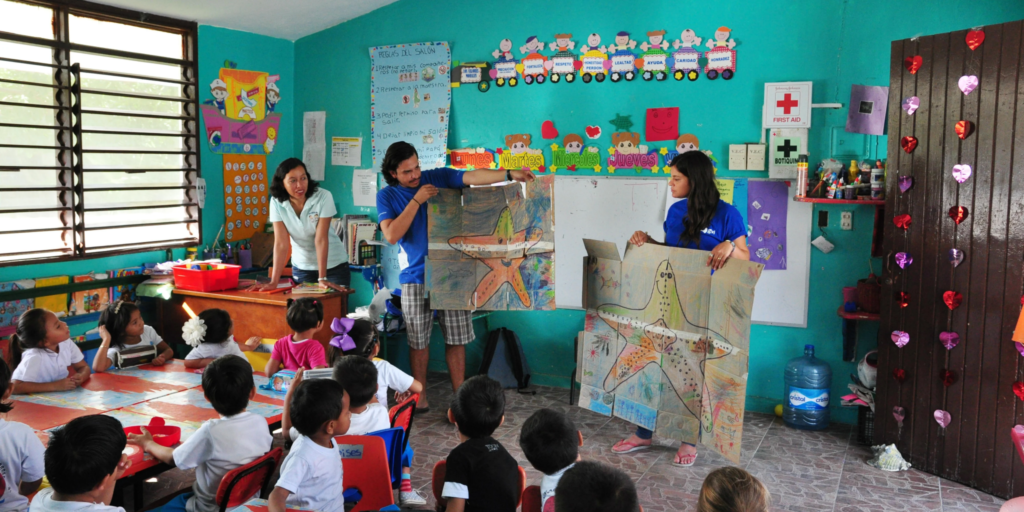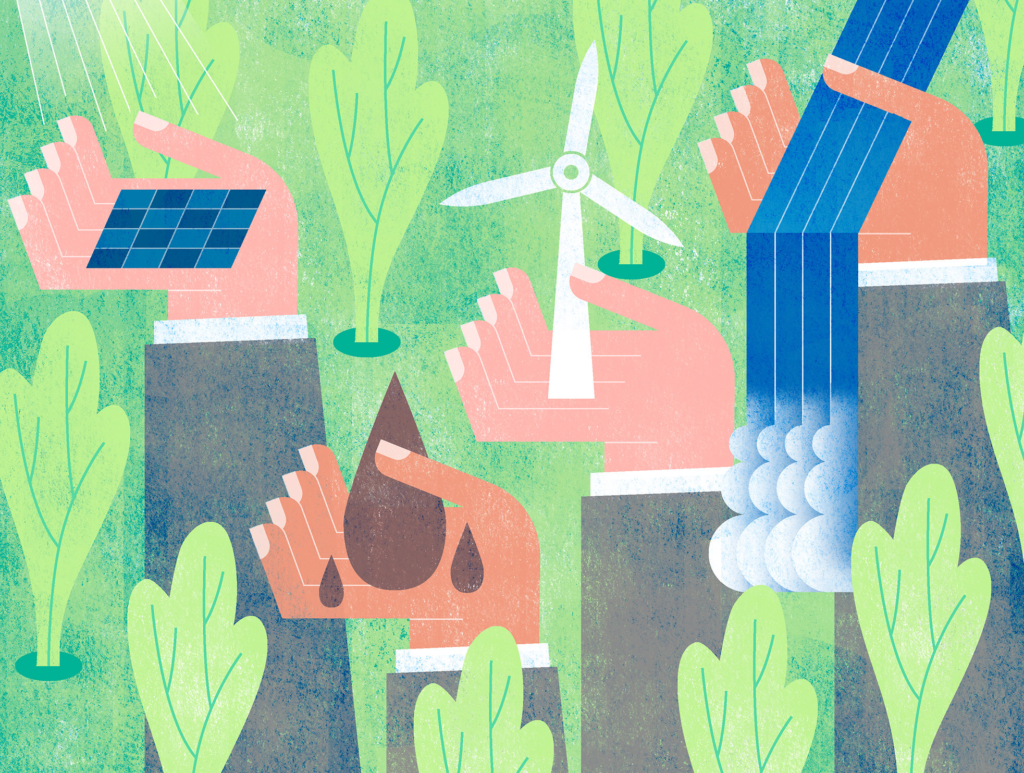Once upon a time, there was a young girl named Amara who lived in a remote mountain community. One of her favorite childhood pastimes was playing in the grass while observing the passing clouds. However, she soon realized that something was amiss. As the clouds rolled in, the atmosphere became oppressive, and her surroundings grew increasingly barren. The once-pristine brook that flowed through her village had become muddy and polluted. Amara couldn’t understand what was happening, but she sensed that something was wrong.

Picture Courtesy: pixy.org
It turns out that Amara was feeling the effects of climate change, a problem that particularly affects young people. In this article, we will explore children’s rights in relation to climate change.
According to the United Nations Convention on the Rights of the Child (UNCRC), children have the right to grow up in a secure and healthy environment. This includes protection of their health and safety from all sources of danger, including climate change, as well as access to clean air, water, and food. Climate change affects children in various ways. Extreme weather events like flooding, landslides, coastal erosion, cyclones, and droughts can cause significant damage to homes, schools, and infrastructure, putting children at risk and depriving them of basic necessities. Consequently, children may be uprooted from their communities, disrupting their education and overall well-being.
Climate change exacerbates existing inequalities, thereby impacting children’s future prospects. Children from disadvantaged backgrounds, such as those living in poverty or areas experiencing conflict, are more vulnerable to the adverse effects of climate change. It is crucial to involve children in matters directly affecting them, such as climate change policy. By including them in the development of solutions to this problem, we tap into their creativity and motivation, leading to more effective and sustainable outcomes.
Taking action ourselves is not enough; we must also educate the next generation about climate change and its consequences. Children are the future stewards of our planet, and they deserve to grow up in a secure and healthy environment. When we educate young people about climate change, we equip them with the tools they need to become active, informed citizens who can contribute to creating a more sustainable world. Climate change education can take various forms, from classroom lectures to field trips and community gatherings. As responsible citizens, we can help children understand the significance of addressing climate change by providing them with accessible explanations of the science behind it and its social and economic impacts.
While teaching kids about climate change is essential, it is equally crucial to demonstrate how the problem is being addressed and what they can do to help. By showcasing the benefits of renewable energy, sustainable agriculture, and other innovative approaches, we can inspire the next generation to join in the effort to solve our planet’s challenges. This approach instills valuable skills such as critical thinking, problem-solving, and teamwork, which will serve them well in all aspects of life, not just in combating climate change.

We all have a responsibility to take action now because climate change is not a distant threat. Our daily choices, such as energy consumption and product consumption, affect the environment and future generations. Climate change is a human issue, transcending politics, and requires collective action from all stakeholders.
Supporting renewable energy, preserving forests and other natural resources, and reducing greenhouse gas emissions are some of the climate change solutions we can promote and embrace. As a global community, we must collaborate to create a brighter future for all, especially children. It is essential to work together to reduce emissions, invest in renewable energy sources, and promote sustainable growth. Those most at risk from the effects of climate change, including low-income families and children, require our assistance and protection.

Let us now experience the world through the eyes of a child, as we read this poem and treat each day as a daring new adventure:
All the children of the globe, listen to our plea
We’ve reached a turning point, and we need your help.
The planet hurts, and the sky is gloomy.
We can construct a better path together, though.
We all have the right to a clean and healthy place
To get outside and bask in the sun, to relax and unwind
To experience life, to gain knowledge, to prosper
To create an improved world and maintain its existence
We must take action, today and every day
To reduce our footprint, and pave the way
We must take action, today and every day
For the children of today and those yet to be
Let’s stand together, hand in hand
And work for a world that is healthy and grand
For the forests, the oceans, and all living things
Let’s protect them all, and the joy they bring
Let’s listen to the voices of children around the globe
And let their creativity and innovation flow
Let’s stand together, hand in hand
And work for a world that is healthy and grand
For the forests, the oceans, and all living things
Let’s protect them all, and the joy they bring
Let’s listen to the voices of children around the globe
And let their creativity and innovation flow
We must never forget that our children will inherit this Earth, and their voices must be heard as we strive for a more sustainable future. The poem reminds us that this is a critical moment, and our youth needs our support.
In essence, children have the right to a healthy and safe environment, including protection from the negative effects of climate change. Climate change impacts children in various ways, from extreme weather events to the exacerbation of existing inequalities. It is crucial to ensure that children have a say in matters directly affecting them, as their involvement is vital for developing long-term solutions.
In conclusion, it is our collective responsibility as a global community to combat climate change and protect future generations. By adopting sustainable practices, advocating for legislation and programs that promote sustainability, and listening to the voices of children, we can make a difference. Collaboration is key, and all levels of society, from individuals to communities to nations, must work together to address the effects of climate change. By doing our part to live more sustainably and supporting broader policies and programs, we can contribute to creating a more sustainable future. It is also crucial to invest in the development of our youth, empowering them to actively participate in building a sustainable future.
Finally, in the words of a well-known African proverb, “We do not inherit the Earth from our ancestors, we borrow it from our children.” To the next generation, I say, let us work together to leave a planet that is healthy and sustainable for you and for all those who will follow.
By Henry Mitchel